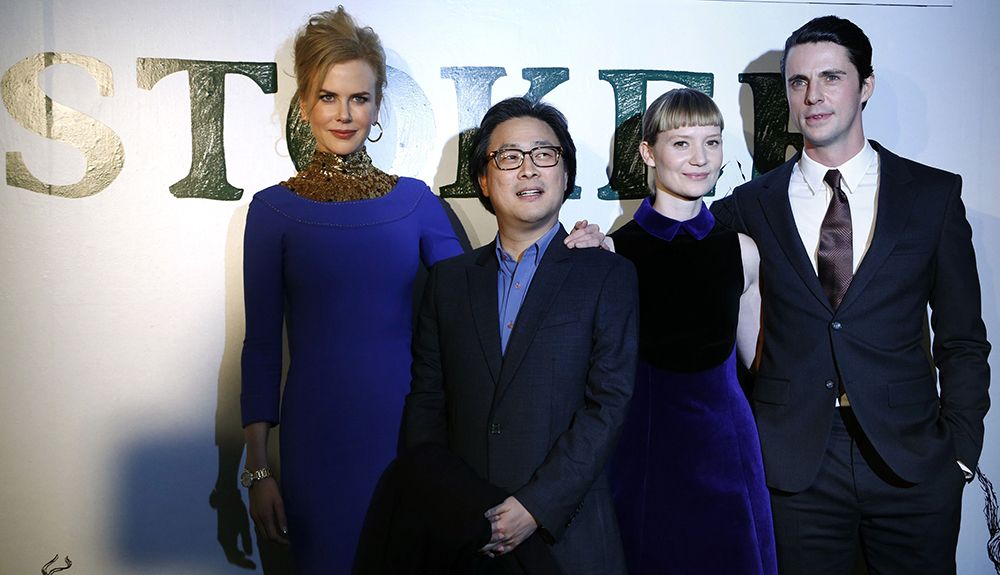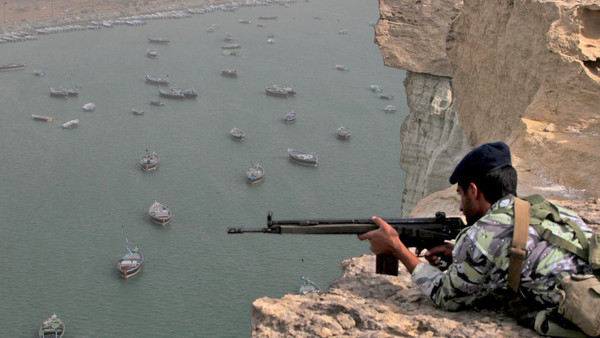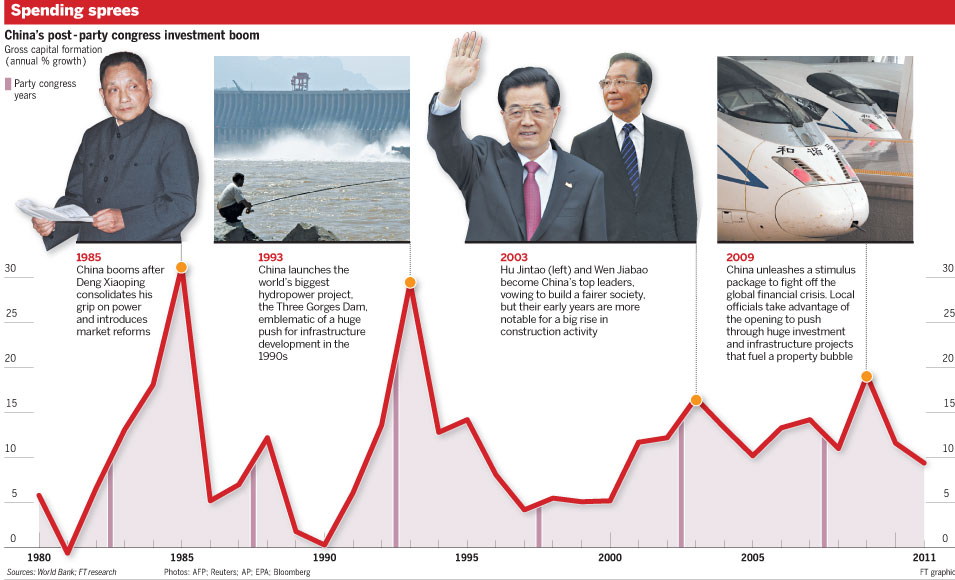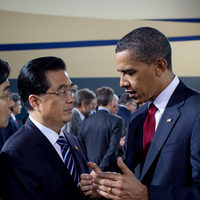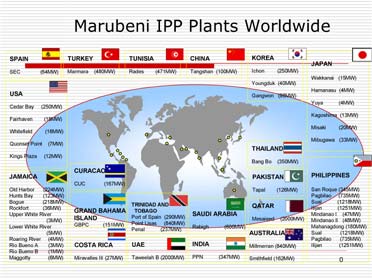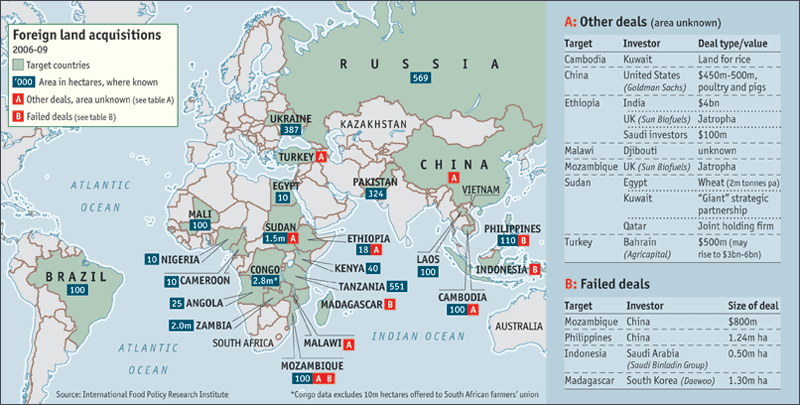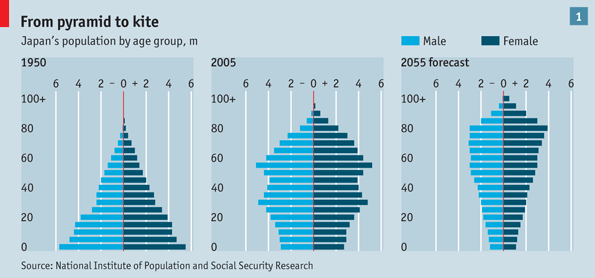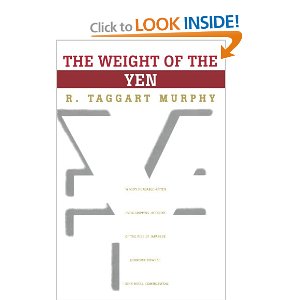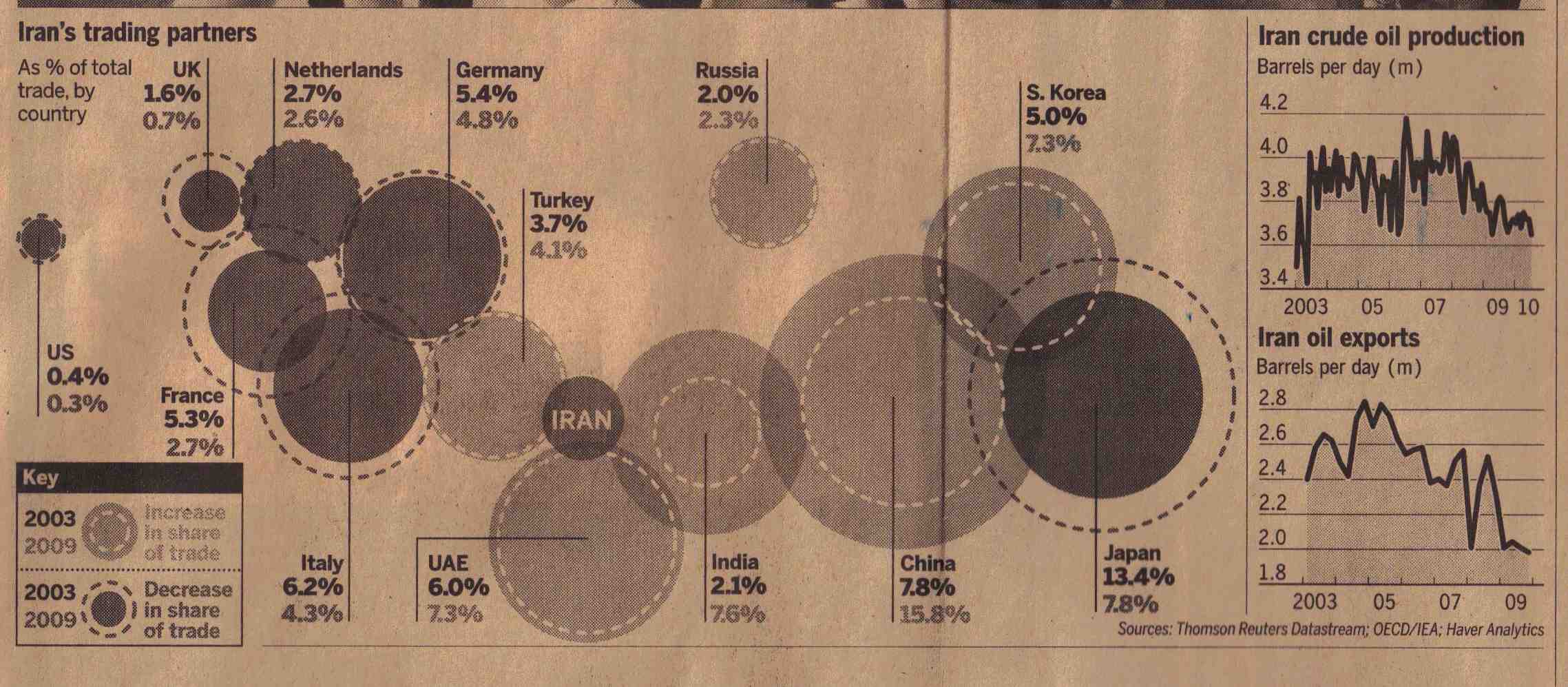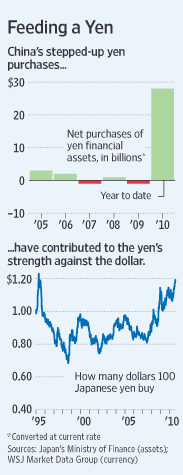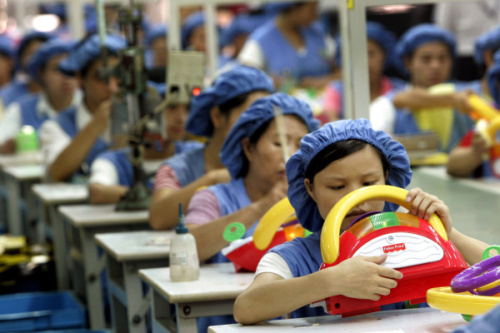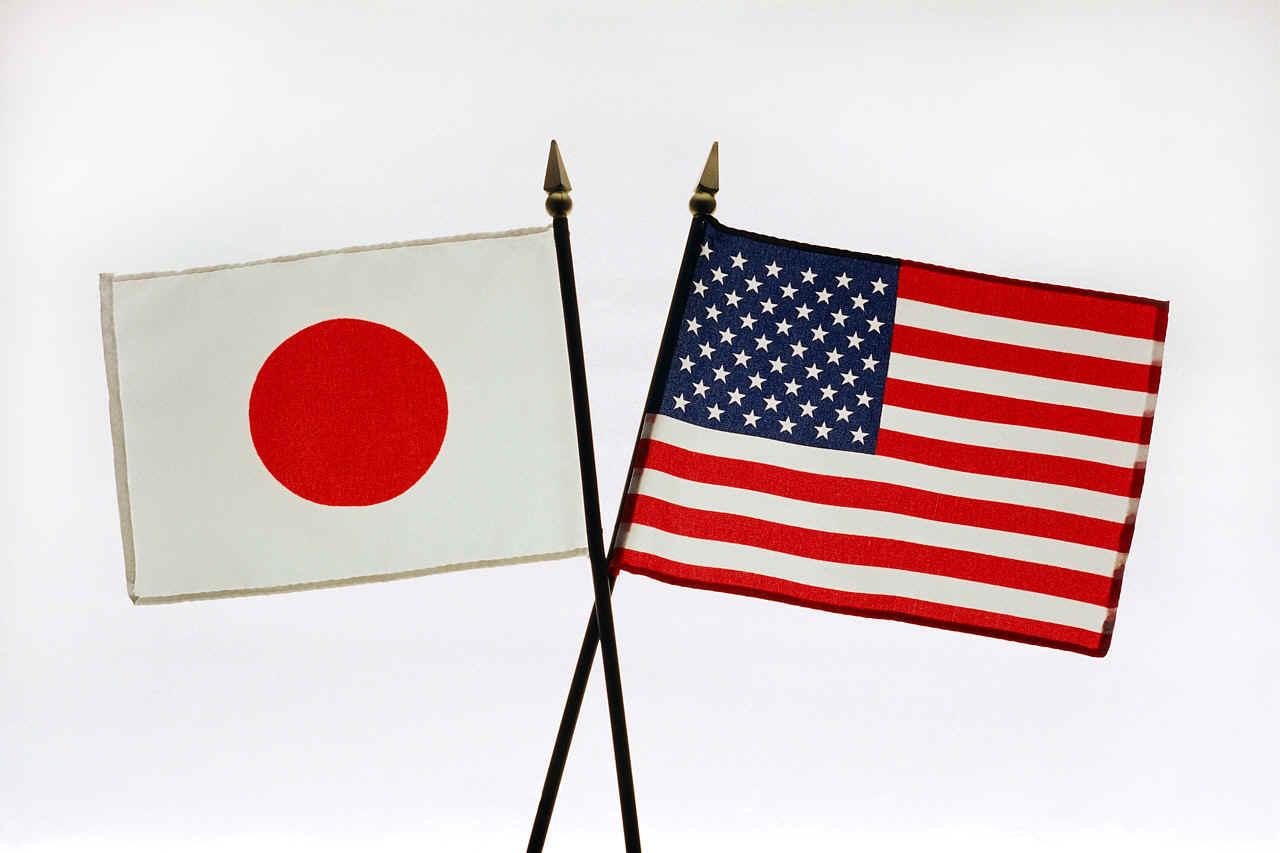The inevitable counter-reaction to China's aggressive behavior in Asia
 Wednesday, April 3, 2013 at 7:44AM
Wednesday, April 3, 2013 at 7:44AM 
The easiest call of the last half-century: push Japan around enough and you'll get an end to its constitutionally-mandated pacifism.
Unlike Germany, which self-flagelated to the point of altering its social persona, Japan did no such thing. It simply buried the past, which it can now dig up with enough incentives from Beijing, which seems to have counted on the notion that it could push Tokyo around indefinitely.
No, this doesn't change my attitude on the "pivot" or AirSea Battle. In both cases, it proves how unnecessary they are as over-the-top reactions (yes, I understand the "show of force" part; I just worry that such things tend to be forgotten fairly quickly inside the Pentagon and thus today's feint equals tomorrow's "unshakeable national security interest").
The US enabled Asia's peaceful rise by playing Leviathan and thus obviating anyone's need to "arms race" with anyone else inside the region. The result being, for the first time in history, India, China, Korea and Japan all "risen" without any wars.
Beijing seems to have seen some historic advantage in this situation, which now disappears - inevitably. Thus, now is NOT the time for the US to "pour it on" but to play the honest-broker all the more.









